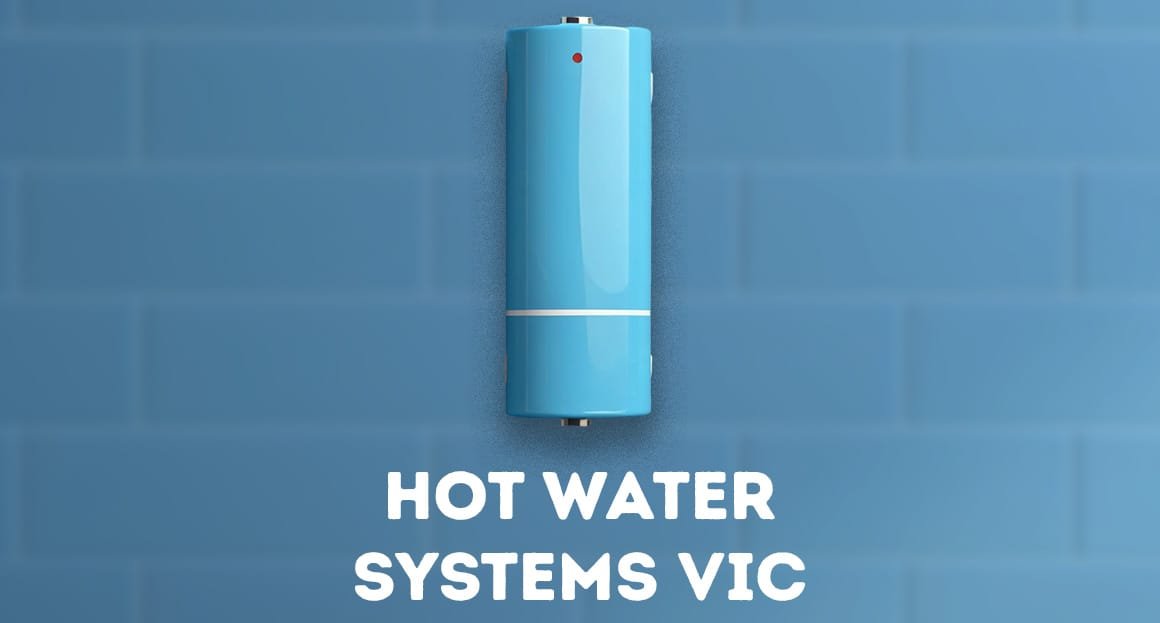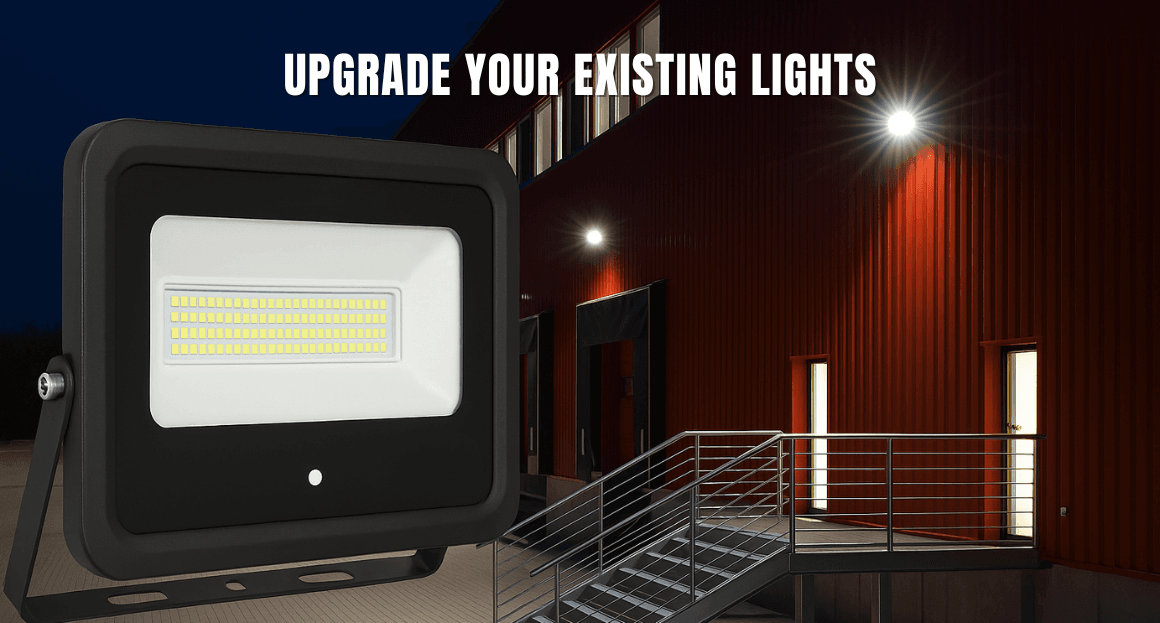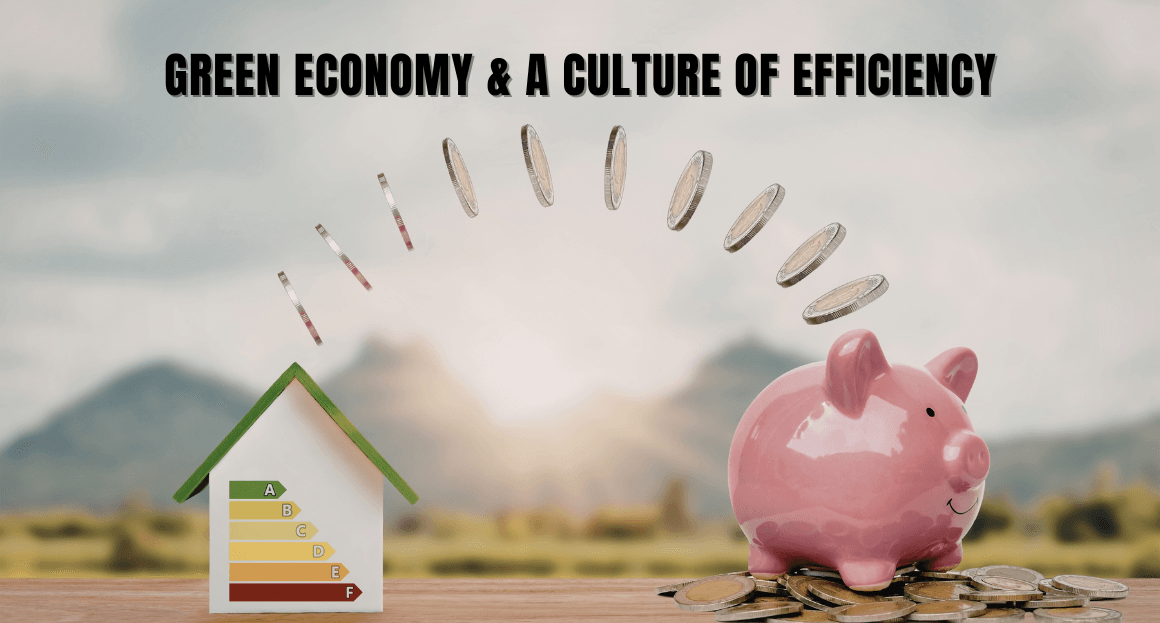
 Hot Water System
Hot Water System 
- Heat extraction involves absorbing heat from the surrounding air using an evaporator coil. The refrigerant inside this coil absorbs this heat and transitions into a gaseous state.
- Evaporation and compression—After absorbing the heat, the refrigerant, which is in a low-pressure gaseous form undergoes compression through a compressor, elevating its temperature and pressure.
- Transmission of heat—As the high-pressure, high-temperature refrigerant courses through the heat exchanger, heat is transferred from the refrigerant to the storage tank, raising the temperature of the water.
- Condensation of the refrigerant- After the heat is released into the water, the refrigerant condenses back into a liquid state while maintaining high pressure. This is now set up for the next refrigeration cycle.
Regular Cleaning and Inspections
Refrigerant Level Monitoring in Heat Pump Hot Water System
Insulating Hot Water Pipes
Ensuring Proper Ventilation
Cleaning The Coils of Heat Pump Hot Water System
Inspecting the thermostat
Monitoring Energy Consumption
Conclusion
Frequently Asked Questions
Other Related Blog

 Solar
Solar Every week, we talk to homeowners and small business owners across Victoria who say the exact same thing: “It’s too expensive right now.” “We rent; our

 Lighting
Lighting The lights stay on, work continues, customers still walk through your doors, but behind the scenes, your electricity bill climbs year by year, your carbon footp

 Lighting
Lighting When it comes to upgrading your commercial lighting, finding a reliable and professional partner makes all the difference. At Eco Foot, we specialise in commerc

 Lighting
Lighting Go Greener at Work! Start with the lights — the simplest step toward cutting costs and carbon. For businesses in Victoria, an LED lighting upgrade offers a cl

 VEU Updates
VEU Updates What can you do for Victoria? Simple: Upgrade old, inefficient systems in your home and business So what’s in it for you? Generous rebates that make

 Air Cons
Air Cons What if lighting didn’t just save you money… but actually earned it back for you? Welcome to the world of commercial LED lighting with rebates, and in parti



